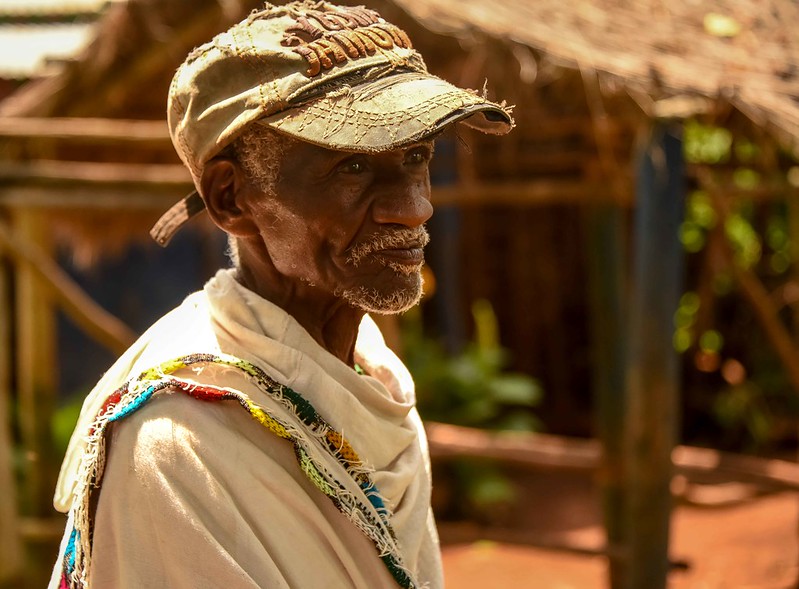Elderly Poverty in Kenya


The Inua Jamii Program
The Inua Jamii Senior Citizensʼ scheme reaches approximately 763,000 older persons aged 70 years and above, more than 60% of which are women. Its primary objective is to improve the living standards of vulnerable seniors in Kenya by providing regular cash transfers to individuals. Eligible candidates must have a valid identification card and be excluded from other pension schemes.
Furthermore, the International Labor Organization (ILO) documents the program’s first year of implementation, stating that it “helped increase older people’s sense of dignity and self-worth.” The program ensures to provide individual entitlements rather than a household transfer. Through its initiative, the Kenyan government wishes to provide elders with full financial independence that does not limit them in their reliance on family for basic needs.
While the program primarily focuses on unconditional cash transfers, there are many positive conditionalities attached, such as ensuring children or grandchildren of beneficiaries attend school regularly and receive necessary vaccinations. These conditions aim to promote social inclusion, improve the overall well-being of beneficiary households and end elderly poverty in Kenya.
Reducing Elderly Poverty in Kenya
In 2024, a conversation with Kenya News Agency counselor, Ernest Onyana, praised the government’s recent financial injection, scheduled to begin Feb. 7, 2024. The government’s program has provided each pensioner with 2,000 shillings, a measure Onyona describes as essential in reducing poverty among Kenya’s elderly.
Moreover, in its five years of running, the scheme has collaborated with various banks to emphasize the creation of special services purposely designed for the pension scheme. Additionally, the program acknowledges daily challenges elderly individuals may encounter, particularly those with disabilities. As a response, the program is introducing M-PESA payments, which will prioritize disabled individuals by enabling them to conveniently receive payments from nearby, Onyona assures, in the continuous fight against elderly poverty in Kenya.
Supporting Elderly Women
Age International documents, according to the United Nations (U.N.) Women, 34% of women aged 60 have experienced violence since the beginning of 2020. The Kenyan government’s acute focus on bringing dignity to elders stricken by poverty in Kenya has positively contributed to older women and those with disabilities. ILO highlights individual entitlements, rather than a household transfer, have empowered older women to gain control over their funds.
Organizations such as the Older People’s Association (OPA), help build community groups to support the reduction of elderly poverty in Kenya by supporting seniors with health care, income and guidance in advocating for their rights. Implemented support groups such as the government-run scheme or smaller organizations such as OPA, continuously tackle and reduce the issue of elderly poverty in Kenya.
Positive Future
Over the years, the Inua Jamii program has undergone expansion to reach more elderly citizens across different regions of Kenya. The government has made efforts to increase the coverage and scale of the program to help reach the poorest communities in the fight to reduce elderly poverty in Kenya. Overall, the Inua Jamii program represents a significant government initiative in Kenya aimed at addressing elderly poverty and promoting social inclusion and dignity for older citizens.
– Kasia Flisiuk
Photo: Flickr
